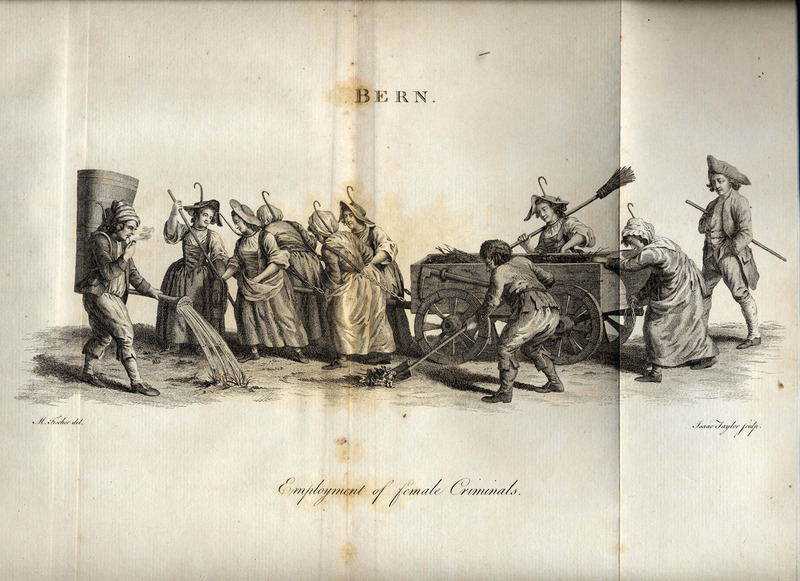Unitarians and Other Dissenters
Religious dissenters of the 18th century, such as the Unitarians, Methodists, and Quakers, embraced the rationalism of the Enlightenment, and established their own schools in an effort to mold young minds and morals according to their religious ideals. They offered curricula that were more practical and diverse than the classics and languages taught in public schools. The Quakers and Unitarians would teach subjects such as science, math, and geography. The strict, challenging Methodist schools featured these three subjects as well as a wide variety of languages, music, chronology, rhetoric, logic, and ethics.
The Unitarians and Quakers were more socially progressive than the Anglican establishment; they believed (at least in theory) that women should be as well-educated as men. In addition, although the Anglicans promoted education as a means of teaching members of the lower classes to accept their place in the social order, the Unitarians and Quakers saw education as a means of improving one’s social standing. These groups were also bold in addressing social justice issues such as slavery and prison conditions.
Many booksellers of the 18th century belonged to the dissenting religious groups, as did many other tradesmen of the time.

